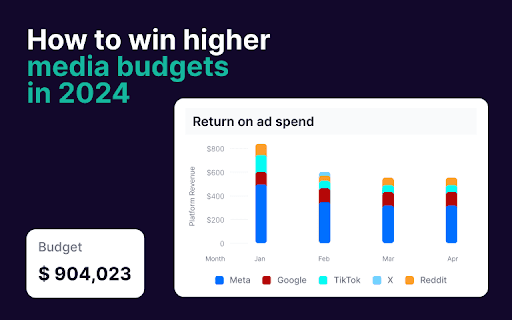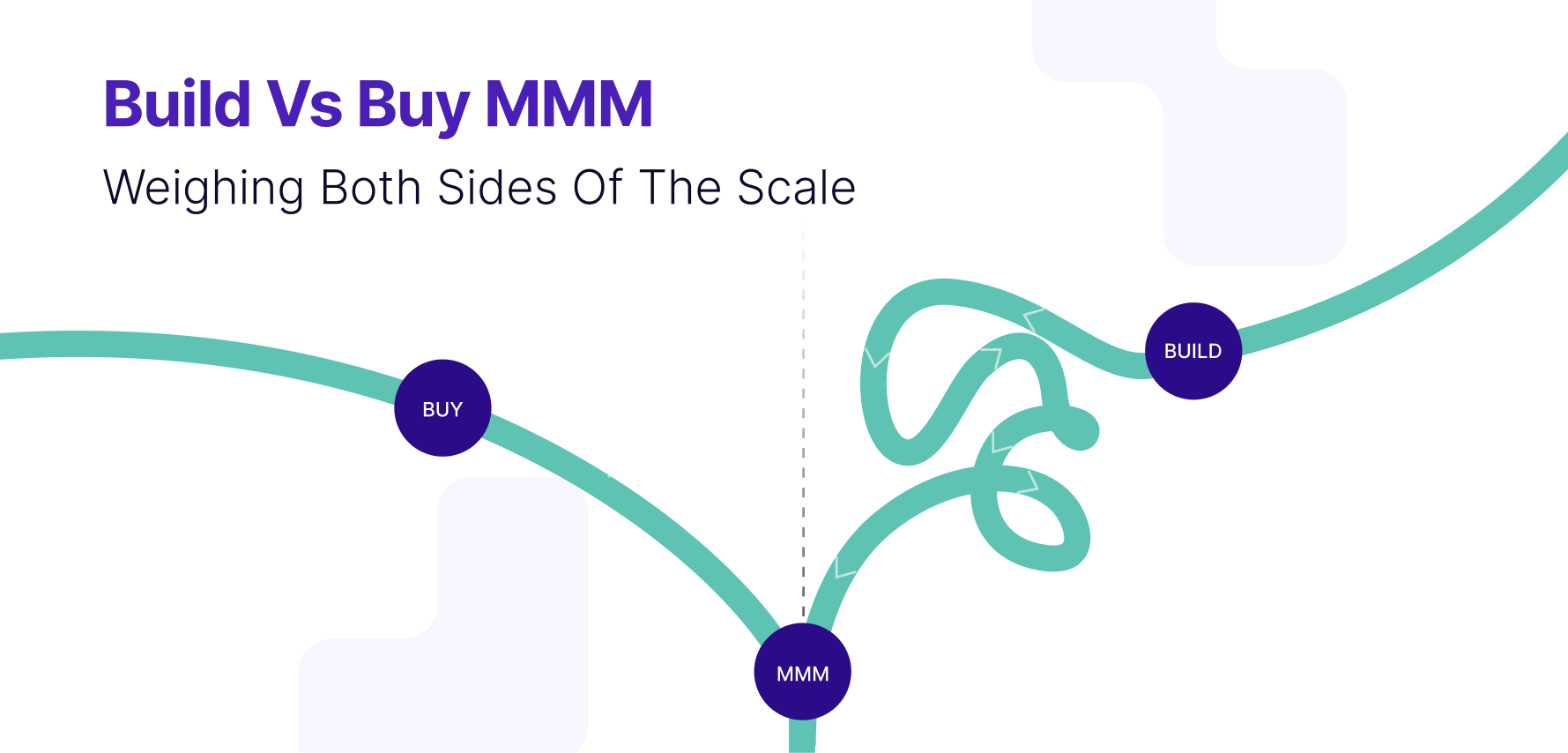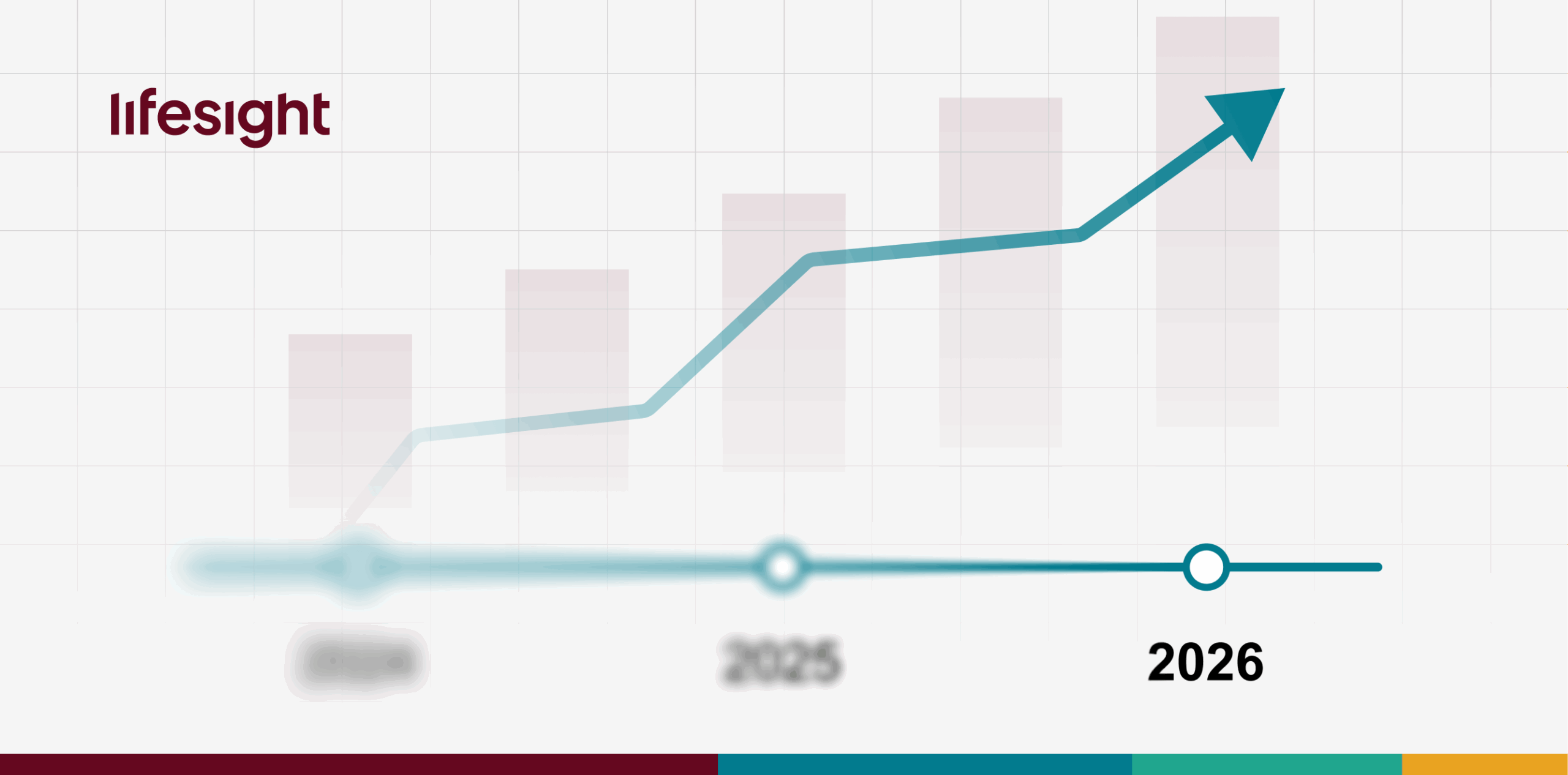What is Temporary attribution?
Temporary Attribution refers to a marketing analytic method that assesses the role of different marketing activities in leading up to a conversion or sale within a specific short time period. It primarily focuses on evaluating the impact of recent promotional efforts like email blasts, flash sales, and targeted ads, on driving transactions.
Temporary attribution is rooted in the belief that the marketing impact is stronger in the short term, following exposure to an ad or promotional campaign. It leans heavily towards a consumer’s most recent interaction with a marketing activity prior to the actual conversion, often adopting the ‘last click’ attribution model.
Formula
Example
- Consider the journey of an online shopper – Emma. Emma receives an email about an ongoing flash sale, clicks on it, but doesn’t make a purchase. A week later, Emma finds a retargeted ad on her social media feed, clicks it, and completes a purchase. With temporary attribution, the credit for Emma’s purchase primarily goes to the retargeted ad, her most recent interaction.
Why is Temporary attribution important?
Temporary Attribution is essential as it offers valuable insights into marketing activities that persuade prospective clients to make a purchase. It acts like a prism, separating out the different marketing streams and showcasing which one had the most impact on their path to purchase. By identifying these quick-result campaigns, marketers can improve their short-term strategies to boost sales and revenue.
Which factors impact Temporary attribution?
Improving temporary attribution starts by developing a highly effective and targeted marketing strategy. Utilizing data analytics can help identify trends, patterns and consumer behavior, aligning campaigns to what attracts customers most. Regularly tracking campaign performances and recalibrating strategies based on the results is also crucial.
How can Temporary attribution be improved?
- 1. Timing: As it focuses on the short-term impact, the timing of the campaign is critical in temporary attribution.
- 2. Channel: The kind of channels used for marketing such as email, social media, referrals can drastically impact temporary attribution.
- 3. Marketing Message: The relevance and appeal of the marketing content can influence the conversion chances.
- 4. Competitors’ Activity: If a competitor launches a more attractive offer simultaneously, it might dilute your campaign’s effectiveness.
What is Temporary attribution’s relationship with other metrics?
Temporary attribution is closely connected with other eCommerce metrics like customer acquisition cost (CAC), average order value (AOV), conversion rate and churn rate. By providing direct insights into which marketing efforts are successful, temporary attribution could lead to optimized marketing spend, increase in AOV, and improved conversion rates. It is also instrumental in understanding customer behavior in the short-term, helping in churn prediction and creating customer retention strategies.
Free essential resources for success
Discover more from Lifesight















